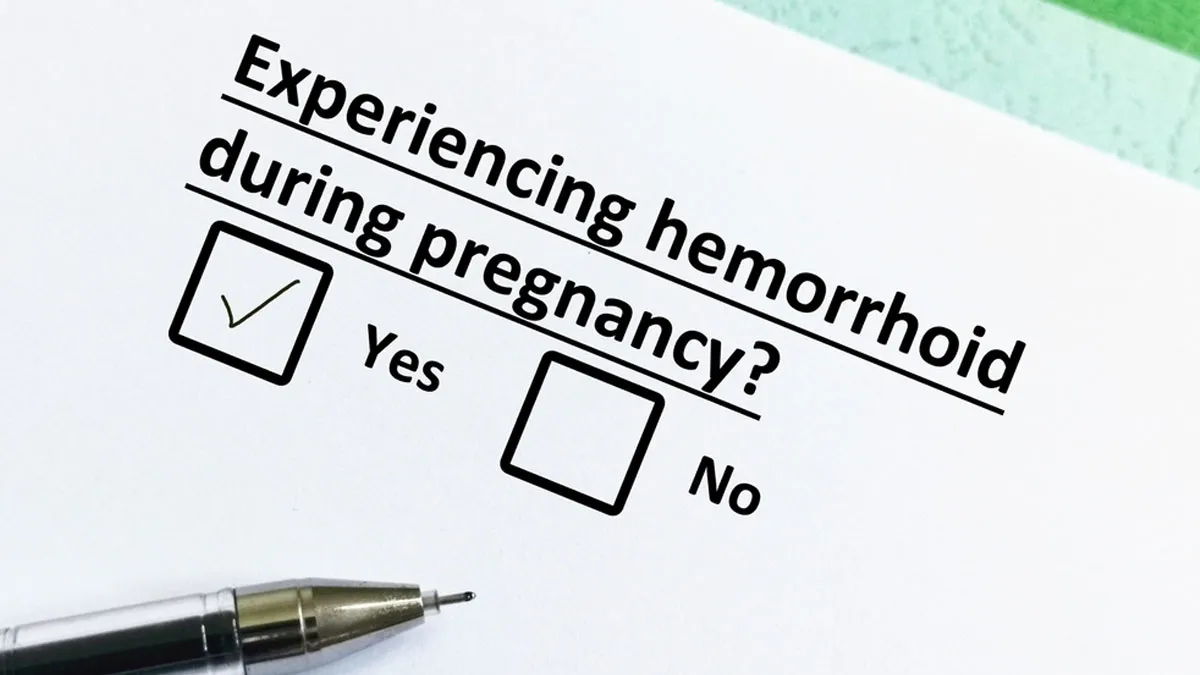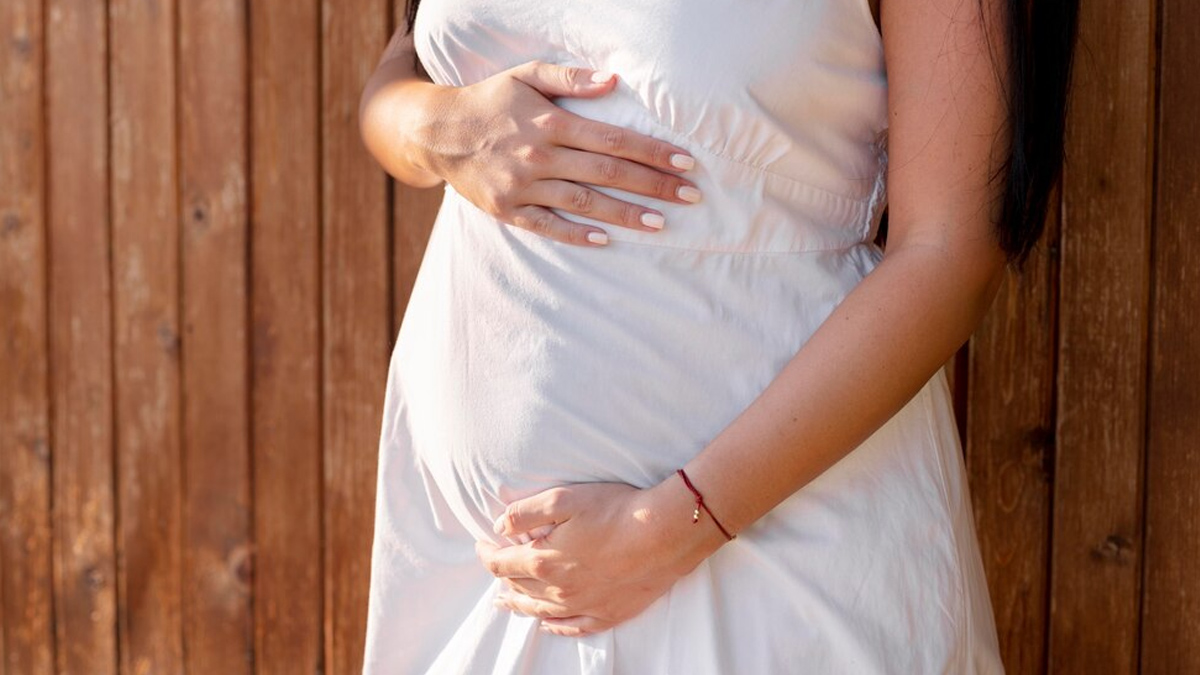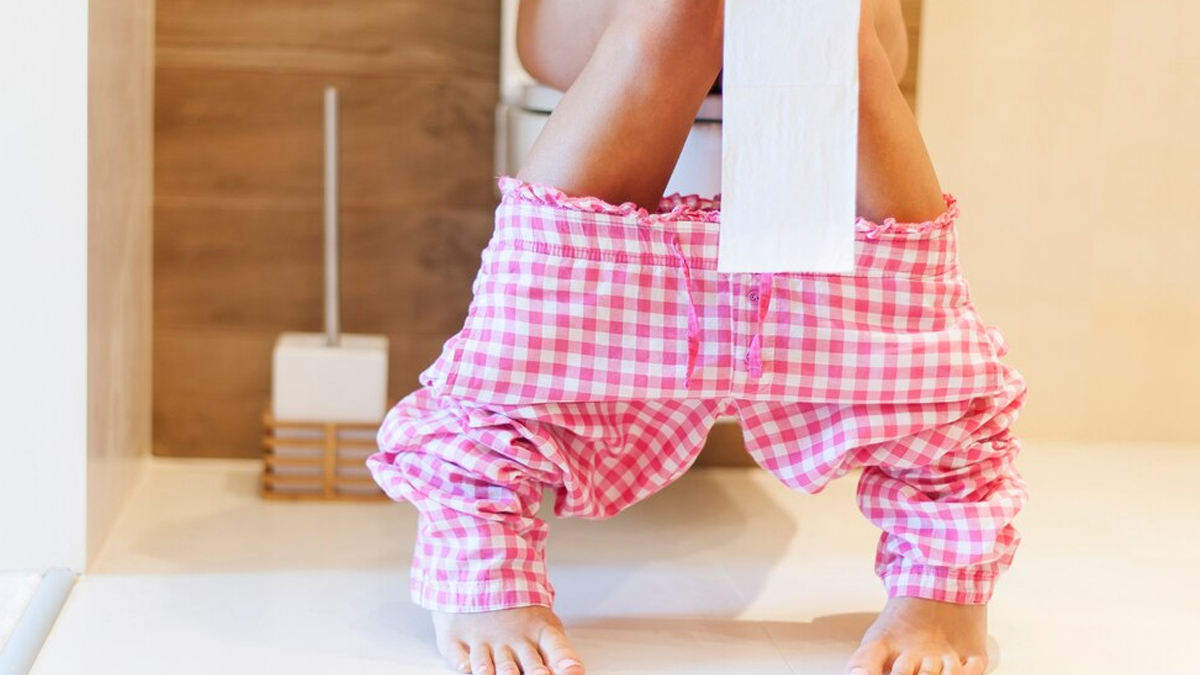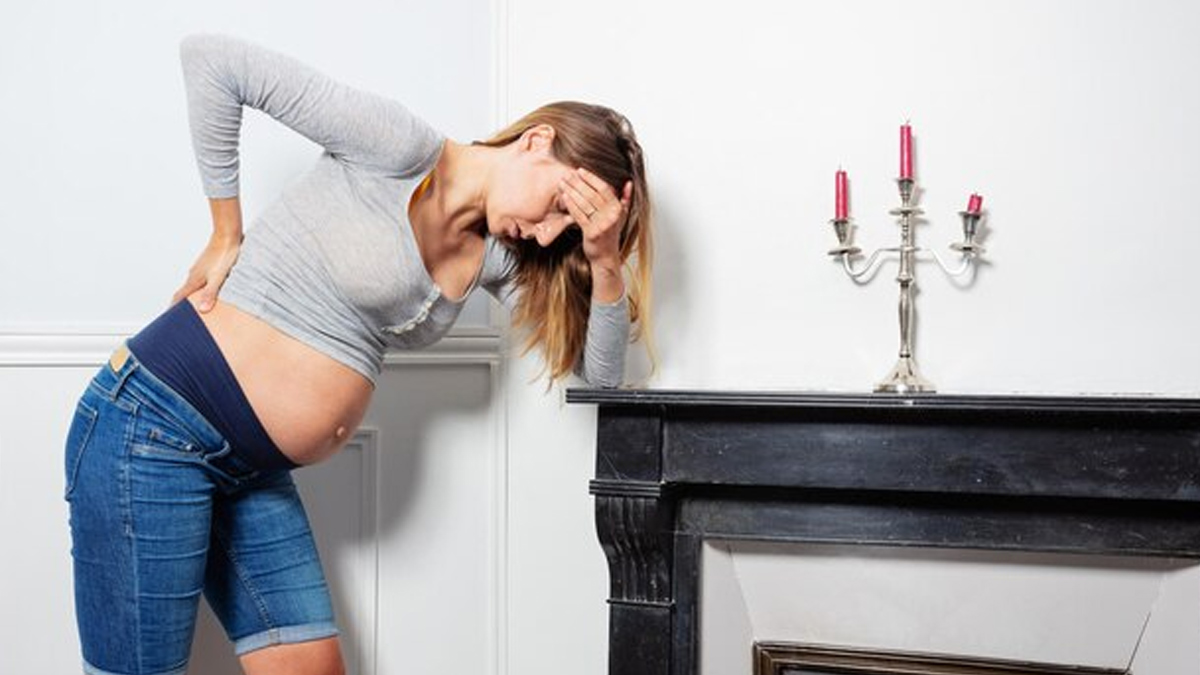
Haemorrhoids, also known as piles, are a common digestive problem that occurs due to swollen blood vessels in the anus and lower rectum, causing mild to severe pain. There are several risk factors for haemorrhoids, including old age, people who suffer from chronic diarrhoea or constipation, those who strain too much during a bowel movement, and more. Pregnant women also have a higher chance of developing the condition, especially in the third trimester. But what is the cause behind it, and how can women manage haemorrhoids effectively? OnlyMyHealth spoke with Dr Sushma Dhaka Singh, Consultant - Obstetrics and Gynaecology, Manipal Hospital, Kharadi, Pune, to get answers to all of these questions.
Table of Content:-
Also Read: From Pale Skin To Fatigue, Signs Of Iron Deficiency Anaemia In Pregnant Women
What Causes Haemorrhoids During Pregnancy?

According to a study published in the BMC Gastroenterology, the prevalence of haemorrhoids during pregnancy is significant, ranging from 25-35% of pregnancies. In some cases, the prevalence can be as high as 85%, particularly in the second and third trimesters.
Dr Singh explained that haemorrhoids are particularly common during pregnancy, mainly due to the increased pressure that a growing uterus places on the pelvic area. This added pressure can restrict blood flow and cause veins in the rectal region to expand, making them more prone to swelling. As a result, haemorrhoids are especially prone to develop during the second and third trimesters, when the baby’s growth places additional strain on these veins.
Hormonal fluctuations in pregnancy further contribute to this issue. Increased levels of certain hormones, such as progesterone, cause blood vessels to relax, which heightens their vulnerability to enlargement and can exacerbate haemorrhoids.
Additionally, pregnancy-related constipation, a common concern, can make bowel movements challenging and lead to straining, which only worsens the condition.
Lifestyle Changes That Can Help Relieve Haemorrhoids

When it comes to managing haemorrhoids, lifestyle changes play a crucial role, particularly diet.
Dr Singh said, “Pregnancy-related haemorrhoids can be avoided or reduced by eating a balanced diet high in fibre-rich foods such as fruits, vegetables, and whole grains. This reduces the chance of constipation, which exacerbates haemorrhoids. Also, consuming lots of water makes stools soft, which improves bowel movements.”
Additionally, frequent exercise, such as walking, lowers vein pressure and enhances circulation.
Dr Singh further advised pregnant women to take frequent breaks and avoid prolonged standing or sitting to reduce pressure in the pelvic area. It can also be beneficial to follow proper bathroom practices, such as avoiding prolonged sitting or straining on the toilet.
Also Read: Kalki Koechlin On Rediscovering Intimacy Post-Childbirth: Expert Shares Effective Tips
Home Remedies To Alleviate Symptoms Of Haemorrhoids

If you are looking for quick and natural home remedies, here are some recommendations by the doctor:
- Apply ice packs or cold compresses on the affected area.
- Take a warm sitz bath, in which people bathe the anal area in warm water.
- Stay hydrated
If the pain persists, temporary relief may be provided by over-the-counter remedies such as hydrocortisone-containing lotions or witch hazel pads. However, to be sure a drug is safe to use while pregnant, it's important to speak with a healthcare professional before using it.
When Should Pregnant Women Seek Medical Attention For Haemorrhoids?
“If a pregnant woman experiences extreme pain, bleeding, or discomfort from haemorrhoids that doesn't go away with home treatments, she should think about getting medical help. It's wise to see a doctor if the haemorrhoids get big, last a long time, or start to get in the way of everyday activities. A doctor should be consulted about any rectal bleeding since more testing may be necessary to rule out other causes,” Dr Singh concluded.
Also watch this video
How we keep this article up to date:
We work with experts and keep a close eye on the latest in health and wellness. Whenever there is a new research or helpful information, we update our articles with accurate and useful advice.
Current Version